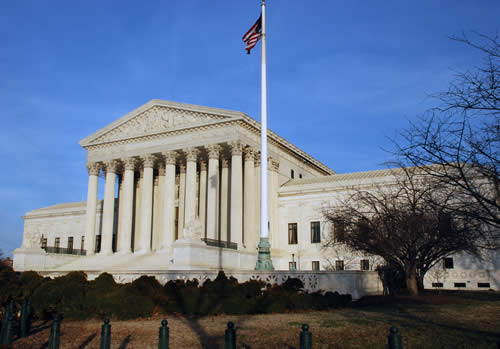Yates v. United States: Overcoming Plain Meaning
As we enter the home stretch of the Supreme Court term, I have been reviewing the criminal cases already decided by the Court this year. For my money, the most interesting is Yates v. United States, which presents a classic statutory interpretation problem. This was the fish case that got a fair amount of whimsical press coverage when it came out. Even the Justices proved incapable of avoiding fish puns in their opinions, but I’ll do my best not to get caught in that net. (Oops.)
Yates captained a commercial fishing vessel that was catching undersized grouper in violation of federal law. Following an inspection, some of the illegal catch was thrown back into the sea on Yates’s orders, presumably to avoid penalties. Yates was eventually convicted under 18 U.S.C. §1519, which authorizes a prison term of up to twenty years for anyone who “knowingly alters, destroys, mutilates, conceals, covers up, falsifies, or makes a false entry in any record, document or tangible object with the intent to impede, obstruct, or influence the investigation or proper administration of any matter within the jurisdiction of any department or agency of the United States . . . or in relation to or contemplation of any such matter.”
On appeal, the question was simply whether a fish counted as a “tangible object.”

